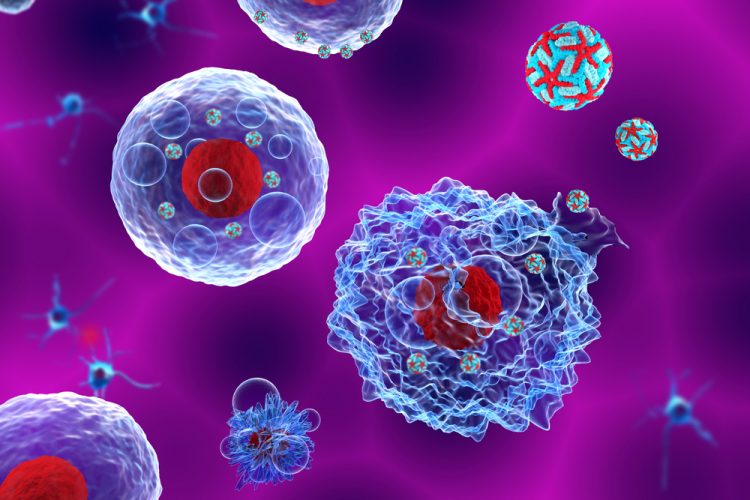The phase 1 clinical trial showed for the first time that humans who received up to three doses of the vaccine candidate produced an immune response against Zika with minimal adverse effects, opening the door to further clinical trials.
The GLS-5700 vaccine is a synthetic DNA vaccine that contains the instructions for the host to mount an immune response against a specific Zika virus antigen.
With these new results, we are one step closer to hopefully finding a way to prevent infection.
“Zika virus continues to be a threat to people living in the Americas and the Caribbean,” said the study’s lead author, Dr Pablo Tebas, Professor of Infectious Diseases at Perelman School of Medicine at the University of Pennsylvania, “With these new results, we are one step closer to hopefully finding a way to prevent infection, which can cause serious birth defects and developmental delays in babies born to women who are infected with Zika.”
In 2015 and 2016, Zika virus spread rapidly through Brazil, the Caribbean, and even into the southern United States. However, a vaccine to prevent infection has remained elusive.
Researchers in Philadelphia, along with research teams from Miami and Quebec City enrolled 40 participants in the safety trial between August and September of 2016. Two groups of 20 participants received either one or two-milligram doses of the vaccine candidate intradermally at zero, four, and 12 weeks. Each dosage was followed by the delivery of small electric currents into the skin at the site of injection, known as electroporation (EP), to facilitate optimal vaccine uptake, production of the intended antigen, and immune responses.
Each dosage was followed by the delivery of small electric currents into the skin at the site of injection, known as electroporation (EP), to facilitate optimal vaccine uptake, production of the intended antigen, and immune responses.
Two weeks after participants received the third and final dose of the vaccine, 100 percent developed Zika-specific antibodies and 80 percent developed significant neutralising antibodies against the virus. Importantly, serum from the study participants was able to protect immune-compromised mice from developing the disease after infection with Zika virus, indicating that the vaccine-induced antibodies can prevent infection and disease in vivo. No serious adverse effects were reported. Minor adverse effects included injection site pain, redness, and swelling.
Importantly, serum from the study participants was able to protect immune-compromised mice from developing the disease after infection with Zika virus, indicating that the vaccine-induced antibodies can prevent infection and disease in vivo. No serious adverse effects were reported. Minor adverse effects included injection site pain, redness, and swelling.









